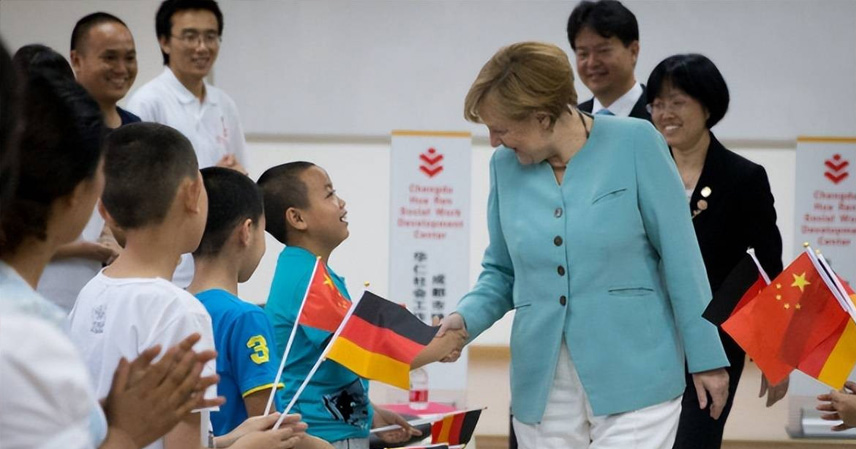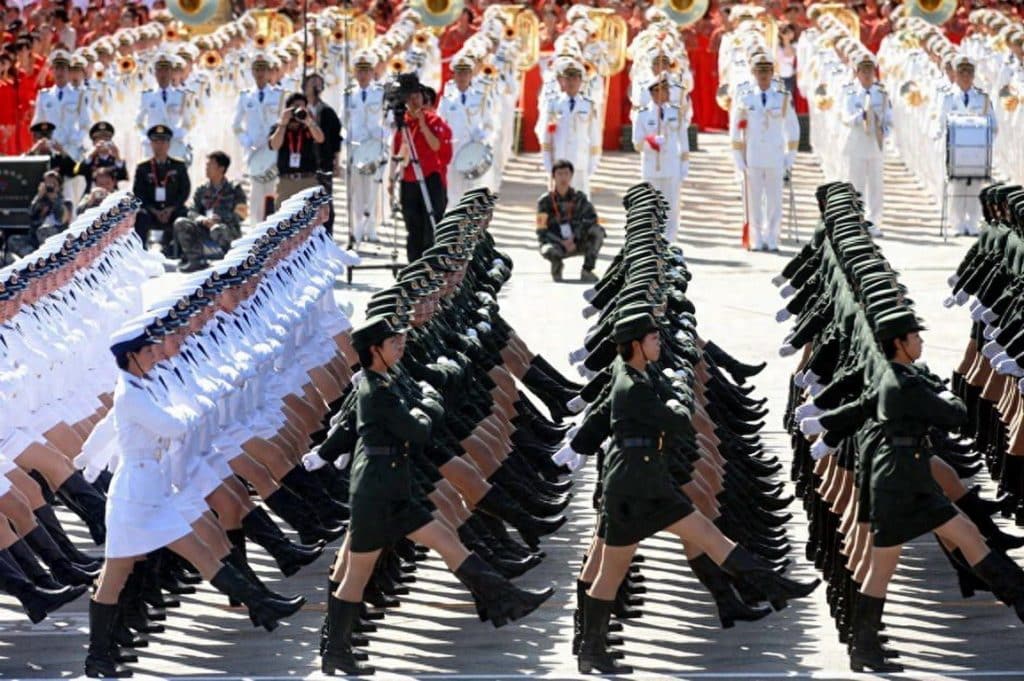In 2018, the German city of Duisburg signed a smart city cooperation agreement with Huawei. Known as the “Chinese City of Germany” thanks to the China-Europe Railway Express, Duisburg once symbolized the golden age of China-Germany cooperation.
But only four years later, that agreement was shelved, and related news articles were quietly removed. Duisburg is not alone. In recent years, more than 100 German cities that had established “sister city” ties with Chinese counterparts have quietly begun to drift away.
So, what happened? Why are more German cities turning their backs on their Chinese partners?
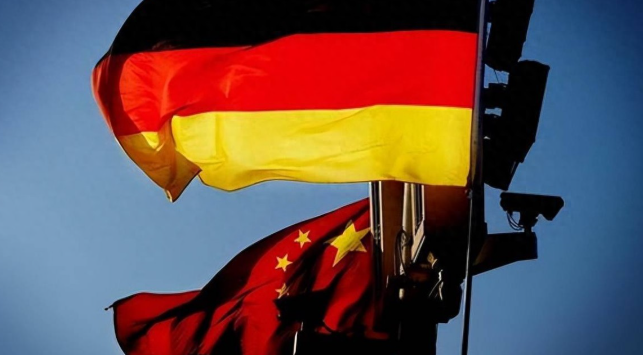
The Golden Age of China-Germany Relations
Before 2005, China-Germany relations were lukewarm at best. While some cities had signed symbolic friendship agreements, there was little meaningful interaction.
That changed when Angela Merkel took office. As Germany’s first female chancellor, Merkel quickly recognized China’s potential. Over her 16 years in power, she visited China 12 times—not just Beijing, but also economic hubs like Shanghai, Guangzhou, and Hangzhou.
Under her leadership, China-Germany cooperation flourished:
- Over 100 German cities partnered with Chinese cities.
- Duisburg became a critical hub for the Belt and Road Initiative, hosting 30–40 trains weekly and creating 15% more local jobs.
- Trade volumes soared to €245.5 billion, making China Germany’s largest trading partner.
German industry, especially automakers like BMW and Mercedes-Benz, profited immensely from access to China’s massive market. It was a true win-win era.
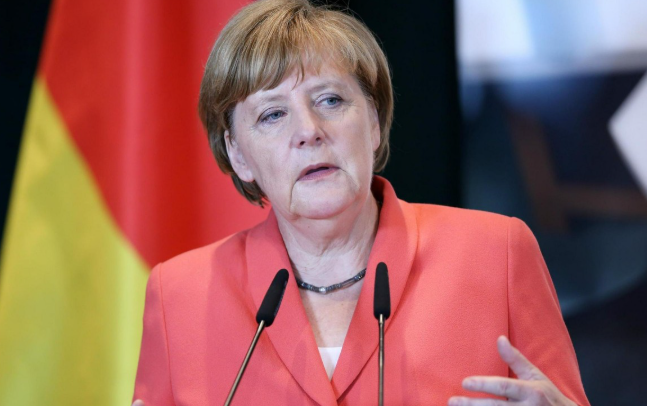
The Breakdown
But things changed after Merkel stepped down in 2021. Her successor, Olaf Scholz, adopted a far more cautious stance. In July 2023, Germany released its “China Strategy”, labeling China a “partner, competitor, and systemic rival.”
Germany’s concerns include:
- Heavy reliance on China for raw materials like rare earths (95% dependency), graphite, and magnesium.
- Dependence on China’s medical supplies during the 2020 pandemic.
- Mounting pressure from Western allies amplifying the “China threat” narrative.
The Russia-Ukraine conflict further complicated matters. Although China remained neutral, Europe perceived Beijing as leaning toward Moscow. This perception hardened German skepticism.
The result? Friendship agreements with Chinese cities began quietly unraveling.
For instance, the Qingdao–Kiel partnership—a seemingly natural fit given both cities’ naval importance—was canceled in May 2023 over “security risks.” Reports suggest the Kiel city council didn’t even consult intelligence agencies or its own navy before terminating the partnership.
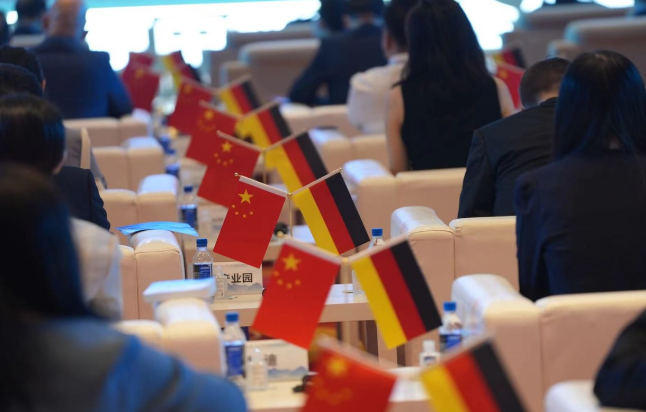
Contradictions in Berlin
Yet Germany remains deeply tied to China economically:
- In July 2023, Germany exported €6.4 billion to China, while imports from China stood at €14.3 billion.
- German automakers still rely heavily on Chinese consumers.
This explains why Germany, despite its political rhetoric, opposed EU tariffs on Chinese electric vehicles. Berlin knows cutting ties would harm its own industries.
The contradiction trickles down to local governments: while some cities cut ties, others quietly renew or even deepen cooperation. For example, at the 2025 Sino-German City Summit, Jinhua and Düren upgraded their ties to the national sister-city level.

The Bigger Picture
Germany’s internal conflict mirrors its broader geopolitical dilemma. The sabotage of the Nord Stream pipeline forced Berlin to cut off energy ties with Russia, despite the massive damage to its own economy.
Similarly, under U.S. and EU pressure, Germany distances itself from China, even though its own think tanks—like the Merics report in 2024—warn that decoupling would hurt Germany more than China.
The truth is simple: Germany needs China, perhaps more than it admits. From industrial supply chains to export markets, China is indispensable. The challenge for Germany is finding a balance: “de-risking” without self-destruction.
References
- Merics, Germany’s China Strategy and Economic Dependencies, 2024
- Reuters, Kiel Cancels Sister City Ties with Qingdao over Security Concerns, 2023
- Handelsblatt, China Remains Germany’s Largest Trade Partner Despite Political Strains, 2025

